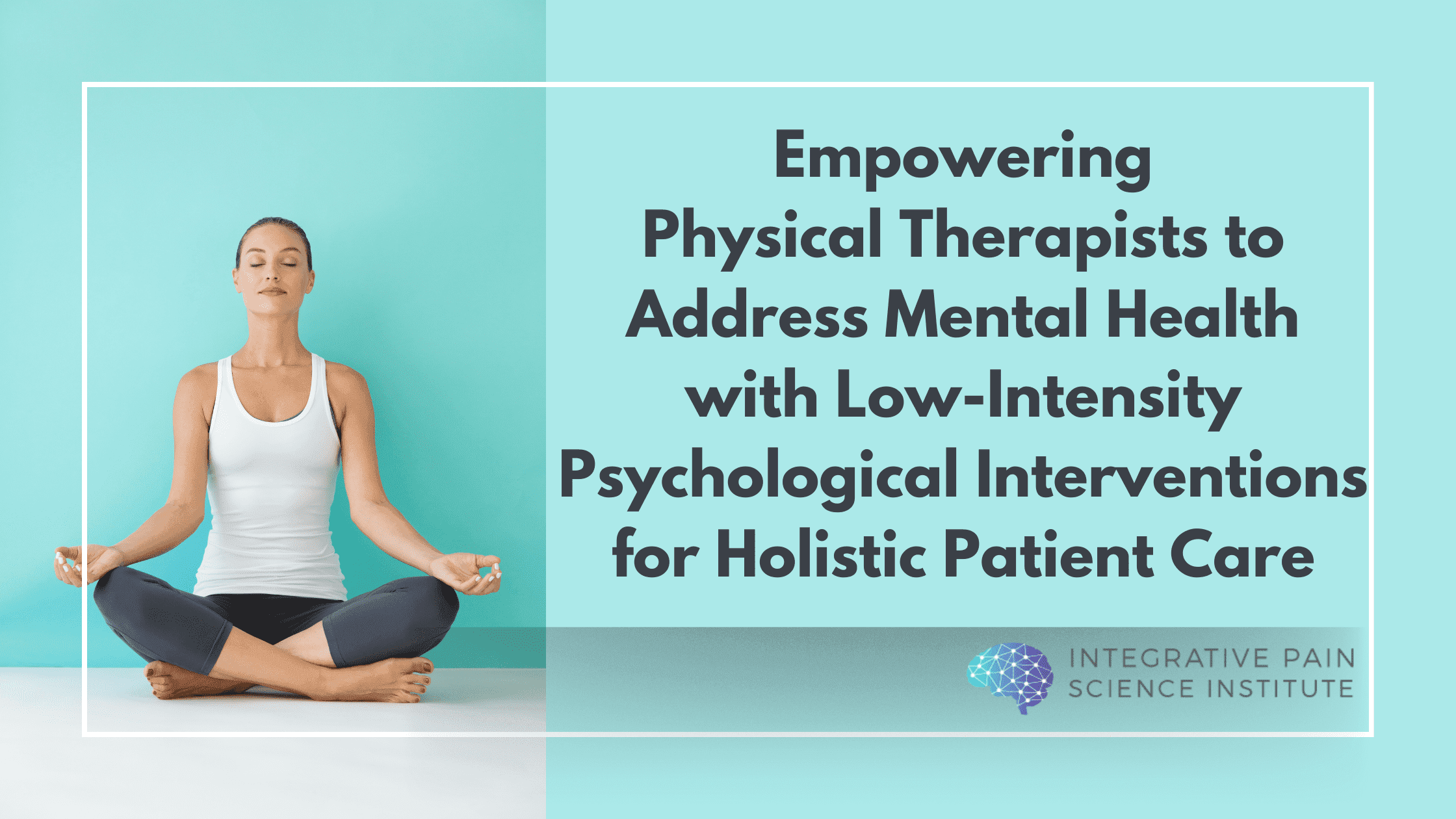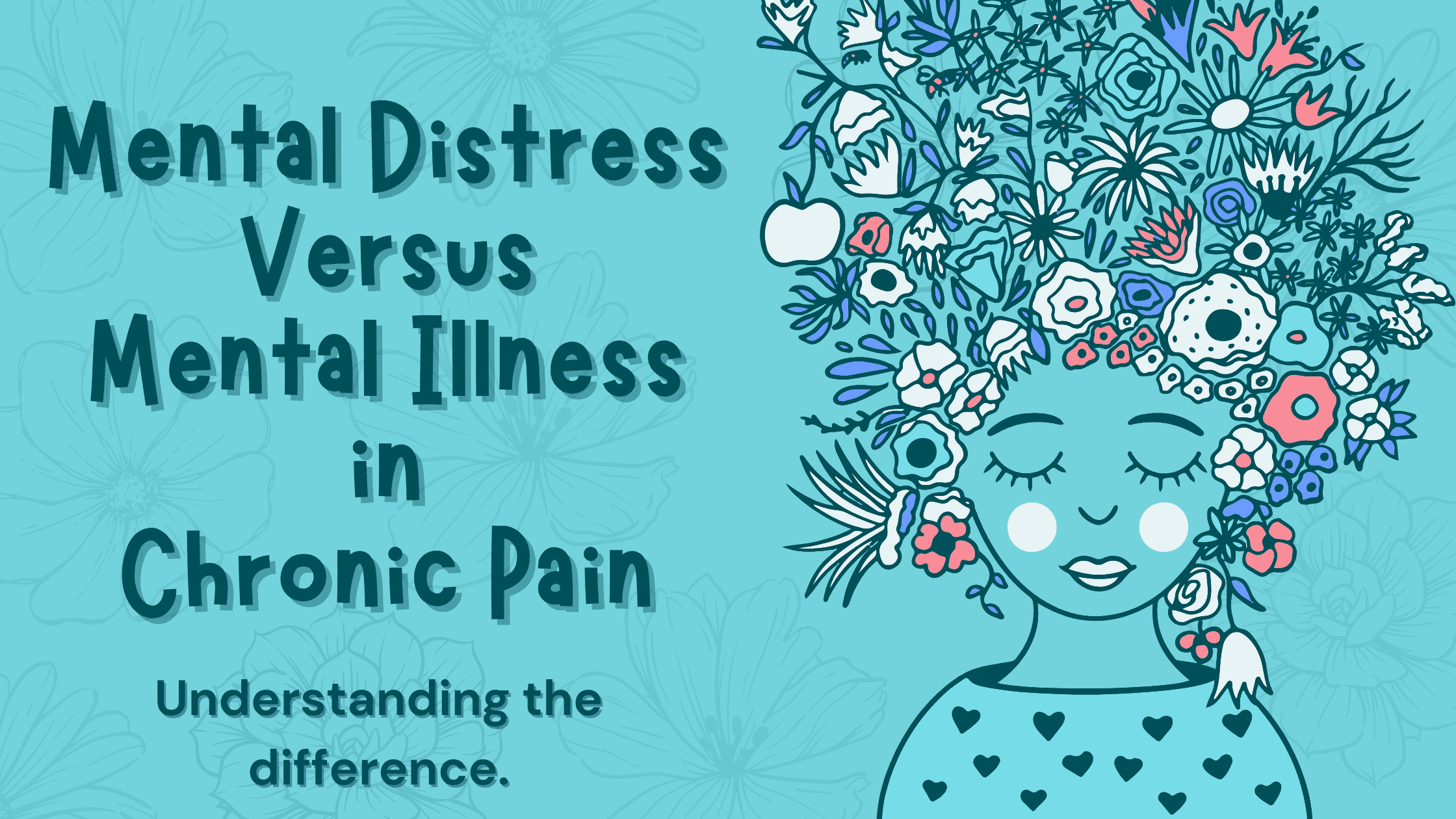Chronic pain and Irritable Bowel Syndrome (IBS) are intimately connected. IBS and chronic pain have more in common than a pervasive system of symptomatology. Breaking down these systems shows that IBS and chronic pain may share several of the same mechanisms. This brings the possibility of learning more about how these conditions function. And if you have chronic pain and IBS, there is likely a relationship between these afflictions in the brain and body, and they may interact with each other to produce worsened or improved symptoms. Learning about how chronic pain and IBS affect you can help find a treatment that works to manage all of your symptoms.
What Do IBS and Chronic Pain Have in Common?
The exact factors in the development and maintenance of chronic pain and IBS have not all been identified.
The concept of a dysregulated gut-brain axis has been implicated in both chronic pain and IBS. The gut microbiome may play an important role in the onset and persistence of symptoms. Changes in the gut microbiota diversity and stability are observed with IBS. Moreover, manipulation of the microbiota can influence the key symptoms of both IBS as well as chronic pain.
Shared Mechanisms
Hypothalamo-pituitary Adrenal (HPA) Axis
If you are unfamiliar with the HPA Axis, you can read more about its function in another recent article. In summary, the HPA Axis is a system with regions across the brain and body that work to respond to stress and fear. The loop is activated by cortisol, a hormone produced by pain that can change metabolism, immune system, and fear functioning.
Specifically, fear is implicated by the processing of pain. This system is meant to enhance survival. But in ongoing conditions like IBS and chronic pain, these mechanisms can be damaging. Similar neuronal changes as a result of overactive fear processing have been found in both conditions. Over time, potentiated activation of the amygdala can amplify our emotional response to pain. In addition, alterations in the hippocampus can change how memories are formed, leading to fears that may hold us back in daily life. Both of these alterations and more have been shown to be shared by chronic pain and IBS (1).
These similarities also mean stress can worsen both IBS and chronic pain. So, you may notice differences in both conditions when you are particularly overworked or stressed out.
Central Sensitization
Repeated activation of certain regions (as a result of chronic pain and IBS) can produce changes in how these regions work. The body often responds to continued activation by making the connections stronger, making activation even more accessible.
For people with chronic pain and IBS, these changes have been shown to cause hyperalgesia and allodynia (2). Hyperalgesia is enhanced sensitivity to pain, and allodynia is experiencing pain with a normally non-painful stimulus. Central sensitization can shift the focus of treatment, as it suggests dysfunction in processing may be a greater factor than the causes of pain itself.
Over time, pain becomes more wired. Those with chronic pain and IBS have been found to share direct correlations between conditioned pain modulation and symptom severity (3).
Serotonin
Serotonin modulates gut processes through the peripheral nervous system, as well as mood through the central nervous system. Serotonin-based antidepressants have been found to improve symptoms of chronic pain and IBS (4) (5). This mechanism also suggests a shared pathophysiological basis for IBS and chronic pain. In other words, both of these conditions may involve a more-complex interplay of both physical and mental factors.
In health,
Dr. Joe Tatta, DPT, CCN
Reference
This website uses cookies so that we can provide you with the best user experience possible. Cookie information is stored in your browser and performs functions such as recognising you when you return to our website and helping our team to understand which sections of the website you find most interesting and useful.



